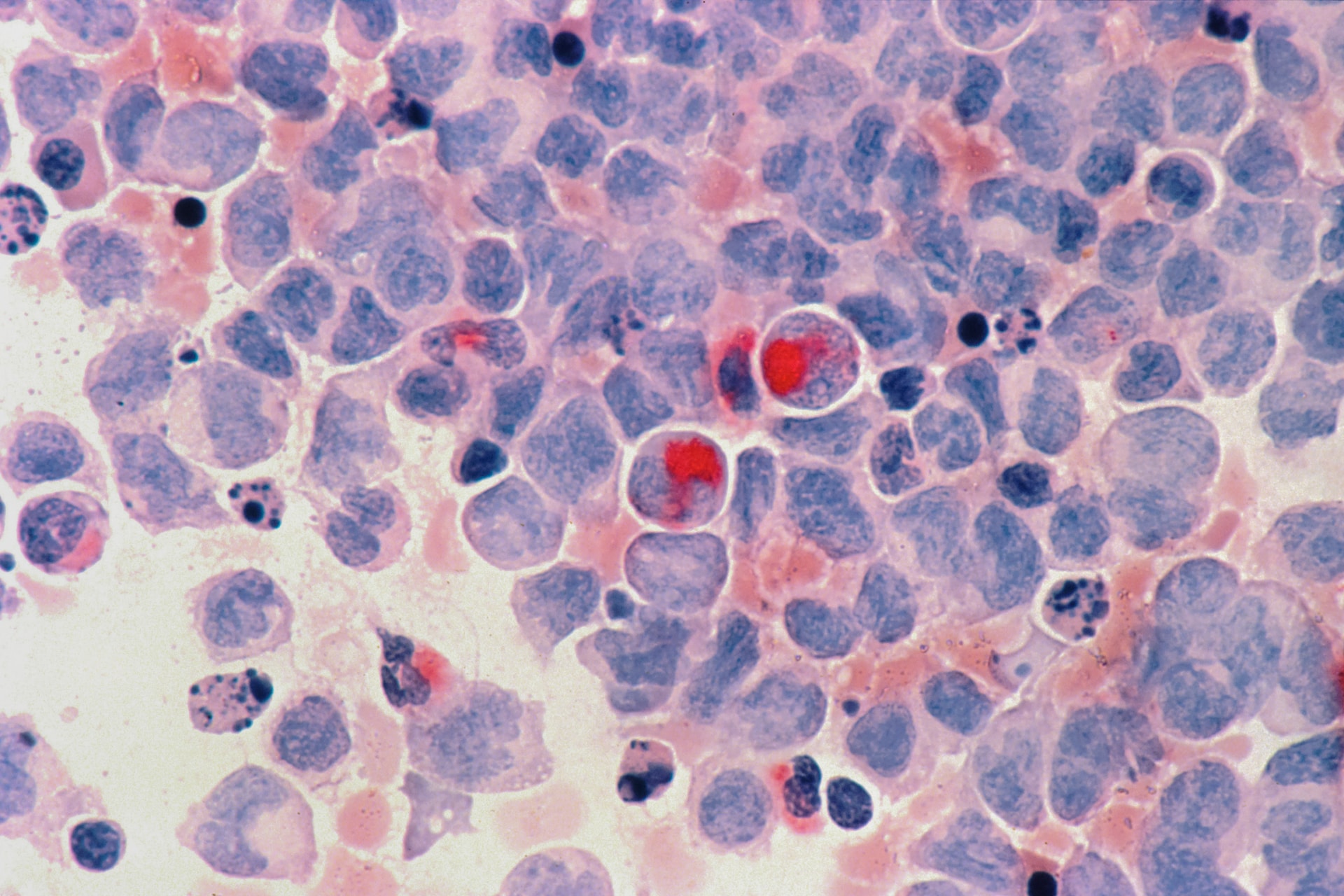Artificial Intelligence (AI) and Machine Learning
1. Diagnosis and Imaging
- AI-powered algorithms analyze medical images, such as X-rays and MRIs, to detect abnormalities and assist radiologists in making more accurate diagnoses.
2. Predictive Analytics
- Machine learning models mine vast datasets to predict disease outbreaks, patient outcomes, and potential areas for healthcare improvements.
3. Personalized Treatment
- AI-driven algorithms can analyze genetic data and patient records to tailor treatment plans for individuals, maximizing efficacy and minimizing side effects.
Telemedicine and Remote Monitoring
1. Virtual Consultations
- Telemedicine platforms enable patients to consult with healthcare providers remotely, expanding access to care and reducing the need for in-person visits.
2. Wearable Devices
- Wearables like smartwatches can monitor vital signs, detect irregularities, and transmit data to healthcare professionals, allowing for real-time monitoring and early intervention.
3. Remote Patient Monitoring
- Patients with chronic conditions can be monitored from home, reducing hospital readmissions and improving overall health management.
Blockchain and Health Records
1. Data Security
- Blockchain technology enhances the security and privacy of health records, making it harder for unauthorized parties to access or tamper with sensitive patient data.
2. Interoperability
- Blockchain can facilitate data sharing among different healthcare providers, ensuring that patient records are accurate and up-to-date.
3. Drug Traceability
- Blockchain can be used to track the production and distribution of pharmaceuticals, reducing the risk of counterfeit drugs entering the supply chain.
3D Printing in Medicine
1. Custom Implants
- 3D printing allows for the creation of customized implants, prosthetics, and orthopedic devices tailored to individual patients.
2. Medical Models
- Surgeons use 3D-printed models of patient anatomy for preoperative planning, improving the accuracy and safety of procedures.
3. Drug Delivery
- 3D printing is used to create precise drug delivery systems, enabling targeted and controlled drug release.
Robotics in Healthcare
1. Surgery
- Surgical robots assist surgeons in performing complex procedures with greater precision, smaller incisions, and reduced recovery times.
2. Rehabilitation
- Robotic devices aid in physical therapy and rehabilitation, helping patients recover from injuries and surgeries more effectively.
3. Elderly Care
- Robots can provide assistance and companionship to elderly individuals, helping them with daily tasks and monitoring their well-being.
Conclusion
Emerging healthcare technologies are transforming the healthcare landscape, promising more personalized, efficient, and accessible care for patients around the world. These advancements are not only improving the way we diagnose and treat medical conditions but also revolutionizing the way healthcare is delivered and managed. As we move forward, it’s essential for healthcare professionals, policymakers, and patients to embrace these technologies and work collaboratively to harness their full potential for the betterment of global healthcare. The future of medicine is here, and it holds the promise of a healthier, more connected, and more efficient healthcare ecosystem.






